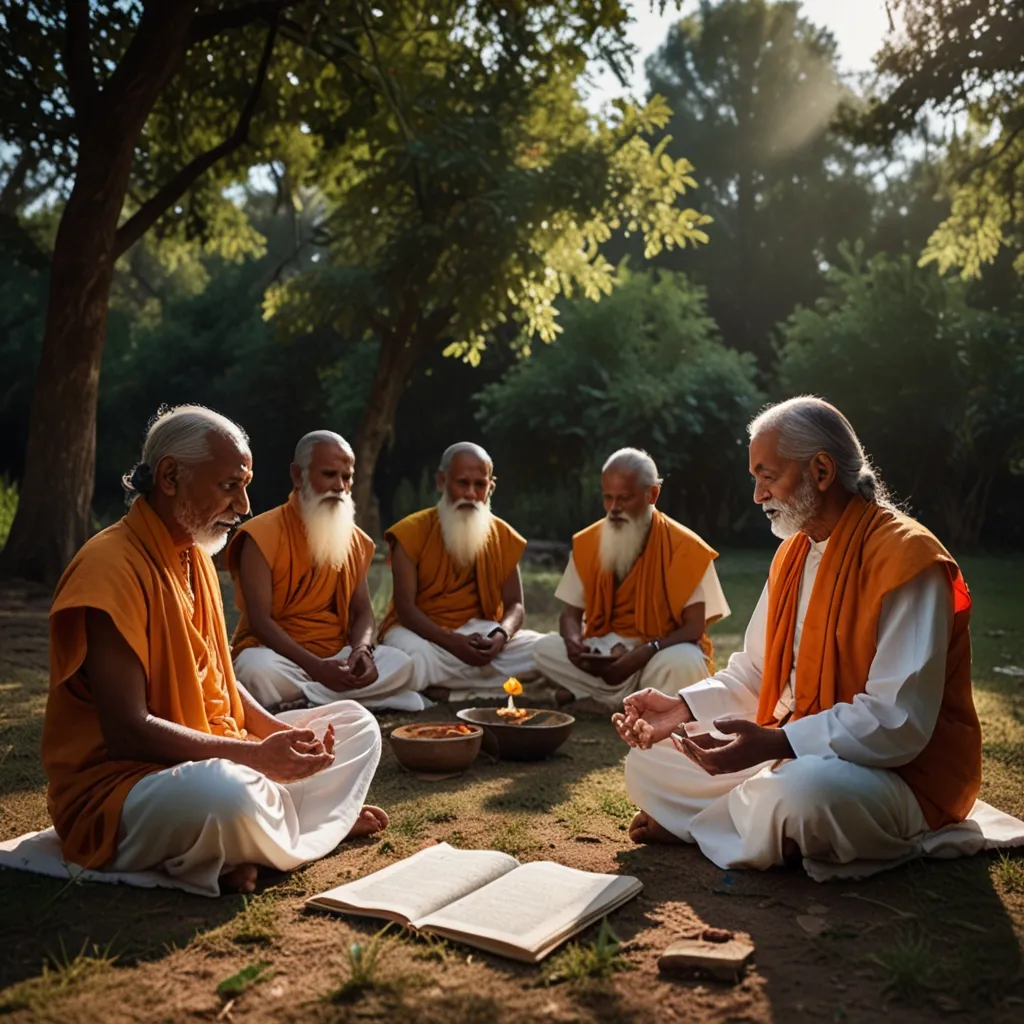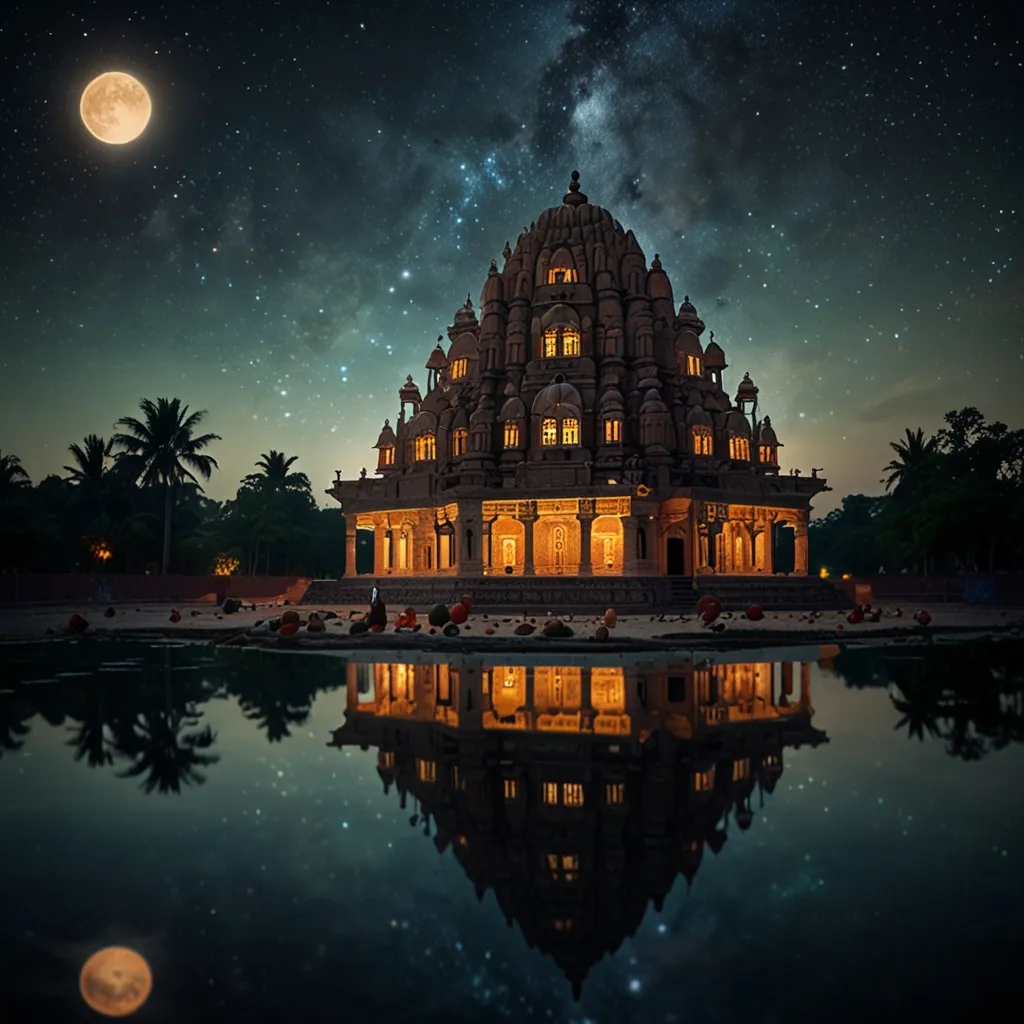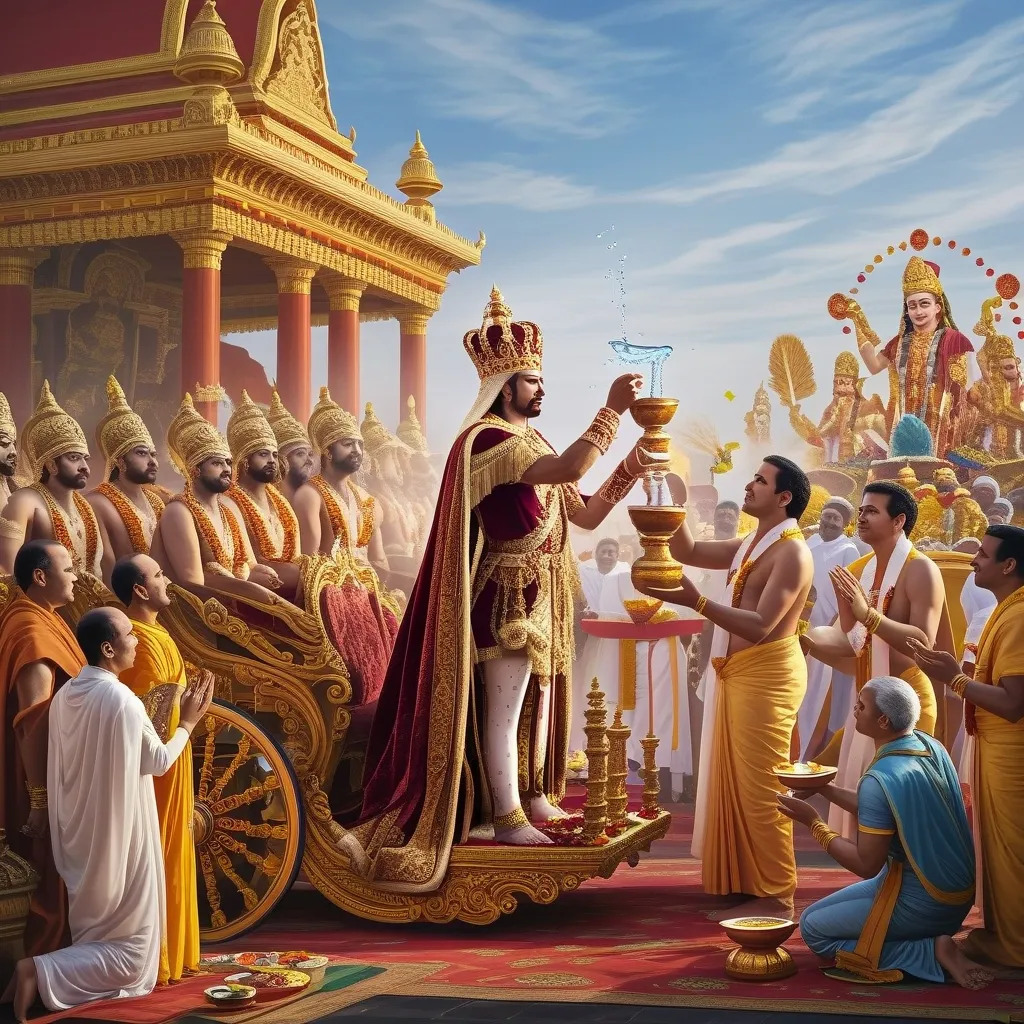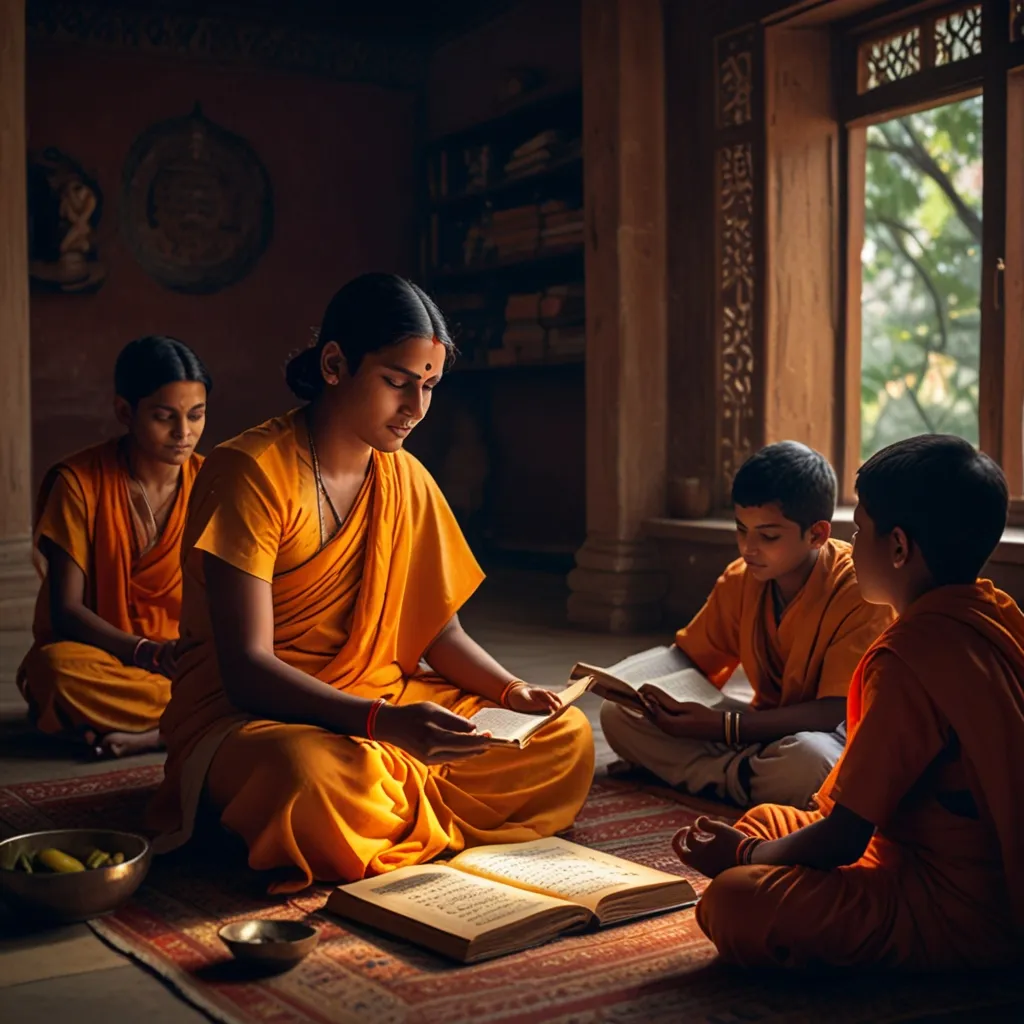The Vedas, considered the oldest religious texts in Hinduism, were penned in Vedic Sanskrit. This ancient language, a forerunner to the modern Sanskrit we know today, stands out for its intricate grammar and poetic flair. The Vedas lay the groundwork for Hindu spirituality and philosophy.
These texts came into being during the Vedic period, which spans roughly from 1500 to 500 BCE. Back in the day, sages and priests passed down these texts orally. This wasn’t just a convenience—precise pronunciation and intonation of the words were believed to carry spiritual power. This oral tradition ensured the texts were meticulously preserved over thousands of years.
There are four main Vedic collections: the Rig Veda, the Sama Veda, the Yajur Veda, and the Atharva Veda. Each one features a mix of hymns, prayers, and rituals key to religious ceremonies. Among them, the Rig Veda is the eldest and most detailed, offering rich descriptions of natural phenomena and the Vedic gods.
The language of the Vedas is quite old-fashioned, making extensive use of specific poetic meters and rhythms. The texts are crafted for recitation and chanting, integral to Vedic rituals. This use of Vedic Sanskrit showcases the cultural and religious life of the ancient Indo-Aryan people.
Although the Vedas originated long ago, they weren’t written down immediately. Written versions began appearing around 500 BCE, but oral transmission stayed important. Even now, many Vedic texts are still recited with the same accuracy in intonation and rhythm as in ancient times.
But the Vedas are more than just religious texts. They’re a glimpse into ancient Indian history and culture, revealing social, political, and philosophical ideas from that era. They ponder existence, the human role in the universe, and the journey to spiritual enlightenment.
To really dive into the Vedas, learning Vedic Sanskrit is essential. The language is the key to unlocking the texts’ full depth and poetic charm. Translations can help, but they often miss the finer nuances.
So, in a nutshell, the Vedas were crafted in Vedic Sanskrit, a crucial element in keeping these sacred texts alive through millennia. This oral tradition, with its emphasis on exact pronunciation, has kept the Vedas an enduring part of Hindu heritage.






